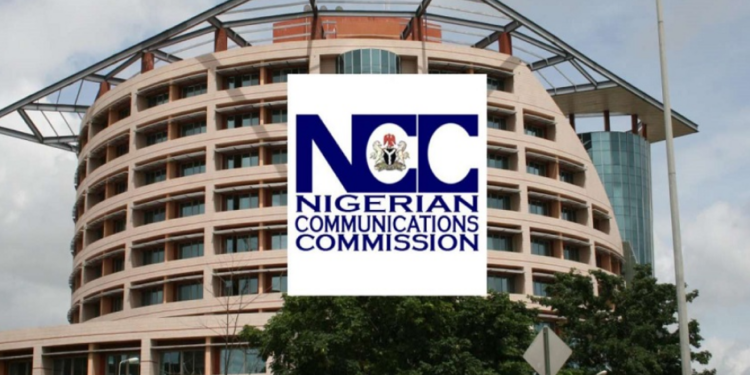The Federal Government has removed the 5% excise Tax on telecommunications services, reversing a controversial policy that had raised concerns among operators and subscribers. This decision, confirmed by the Nigerian Communications Commission (NCC), is expected to ease cost pressures for over 171 million active telecom users across the country.
The Executive Vice Chairman of NCC, Aminu Maida, announced that President Bola Tinubu ordered the removal of the levy during discussions on the Finance Act.
“President Tinubu directed the removal of the 5% excise Tax on telecommunications services,” Maida said.
The 5% excise duty was introduced in 2022 under former President Muhammadu Buhari’s administration as part of efforts to increase non-oil revenue. It applied to both voice and data services, with operators required to remit on or before the 21st of every month.
The levy was immediately criticized by telecom operators and consumer groups. The Association of Licensed Telecom Operators of Nigeria (ALTON) argued that the sector was already overburdened with more than 39 different taxes, a 7.5% Value Added Tax (VAT), and a mandatory 2% contribution of annual revenue to NCC.
Rising operational costs, driven by heavy spending on diesel to power base stations due to unreliable electricity supply, further compounded the challenges. Operators insisted they could not absorb the levy and would pass it to subscribers, effectively raising the total tax burden on telecom services to about 12.5%.
Earlier this year, NCC approved a 50% tariff hike across telecom services. Operators had initially requested up to 100%, citing inflation, rising energy prices, foreign exchange shortages, and the high cost of importing telecom equipment. The regulator settled for 50% to balance consumer protection with industry sustainability.
Related Posts
This decision significantly raised costs for subscribers. For instance, MTN’s 1.8GB monthly plan increased from N1,000 to N1,500, while a 20GB plan jumped from N5,500 to N7,500. SMS rates also rose from N4 to N6 per message.
On average, the cost of 1GB of data moved from around N287 to about N431, depending on the plan and provider. These increases have placed heavy pressure on households, forcing many low-income users to cut back on data usage, downgrade to smaller plans, or limit non-essential apps.
With the removal of the 5% excise duty, consumers are expected to feel some relief, although it may not immediately roll back the recent 50% tariff hike. Analysts say the move is a step toward easing inflationary pressures, stabilizing the telecom sector, and reducing the financial burden on Nigerians already facing high living costs.
For telecom operators, the policy reversal provides some breathing space to manage operational expenses and continue expanding services without the added strain of passing new taxes to subscribers.
The development also aligns with the government’s broader efforts to review multiple taxation policies, improve the ease of doing business, and stimulate economic growth in non-oil sectors.
The scrapping of the excise duty comes at a critical time when millions of Nigerians are struggling with rising costs of living. While telecom services remain more expensive than before, the removal of the levy offers a measure of relief for both operators and consumers.
As the sector continues to adapt, all eyes will be on how operators adjust pricing and whether further government interventions will ease the digital burden on Nigerians.
Stay tuned to 9am News Nigeria for more Breaking News, Business News, Sports updates And Entertainment Gists.
















